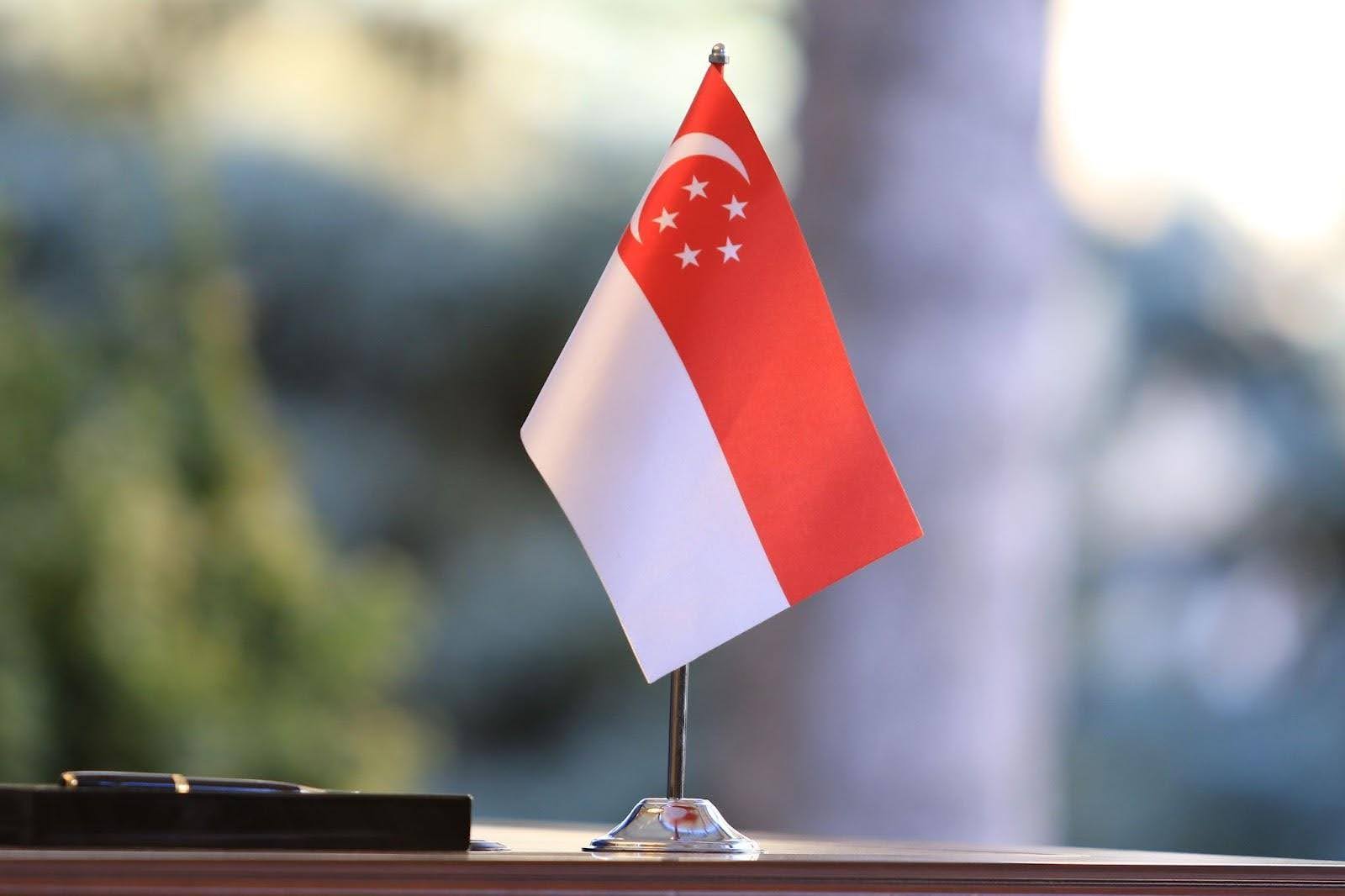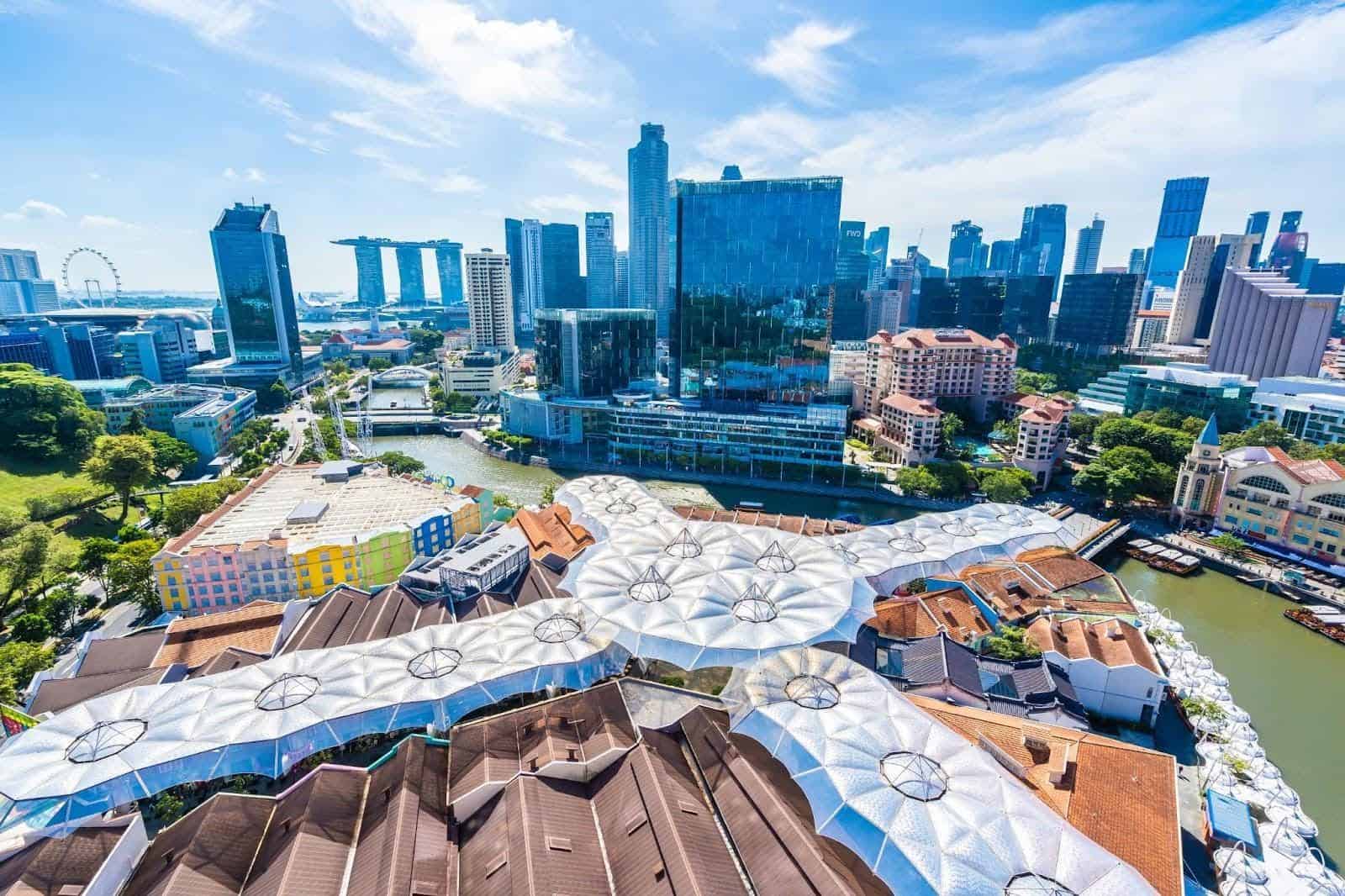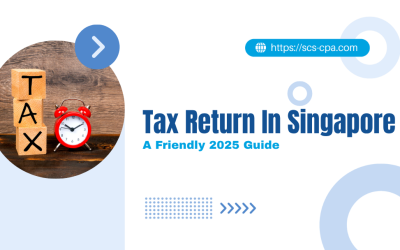As 2025 unfolds, Singapore stands at a critical juncture, with the business landscape shaped by an evolving political climate and a dynamic economic environment. Singapore’s upcoming General Election 2025, which is set to be held no later than 23 November, is expected to bring significant changes.
Understanding the country’s new regulatory policies and political priorities is crucial to navigating the potential impacts of the Singapore Election 2025. By clarifying these factors, businesses and individuals can align their voting choices with policies or leadership that best support their interests and long-term goals.
1. Slowing Economic Growth Amid Rising Prices
Singapore is bracing for a notable economic slowdown in 2025, with growth expected to dip between 1% and 3% from 4.4% the previous year. This deceleration reflects broader global economic challenges, particularly inflation driven by trade tensions, which will likely squeeze business margins and alter cost structures.
As these issues unfold, businesses must navigate the evolving landscape cautiously, staying adaptable to any shifts that might arise from the new governmental landscape post-election.
2. 2025 Budget: Enhancements for Skill Development and Business Cost Management
The 2025 Budget introduces pivotal enhancements to SkillsFuture and other training initiatives, targeting critical upskilling for workforce development across various sectors.
From 10 March 2025, Singapore Citizens enrolling in eligible full-time programmes can apply for the SkillsFuture Mid-Career Training Allowance. This offers 50% of their past year’s average income, ranging from S$300 to S$3,000 monthly, starting 1 April 2025.
This benefit expands to part-time training in early 2026, providing a S$300 monthly flat rate. It will be available to all citizens aged 40 and above for up to 24 months, regardless of the type of training.
Additionally, the 2025 budget extends a 50% corporate income tax rebate for another year. It also offers a S$2,000 cash grant to active firms that employ at least one local worker in 2024, boosting economic stability and enhancing the government’s appeal before the General Election 2025 in Singapore.
3. Celebrating SG60: Impacts of National Unity and Innovation Initiative
The SG60 celebration will mark Singapore’s 60th year of independence, celebrating themes like multiculturalism, resilience, and openness. These initiatives aim to unite Singaporeans through shared experiences, bridging age, race, and background differences.
Businesses can engage by supporting cultural events or community projects as part of their corporate social responsibility (CSR) efforts. By aligning with these national values, companies can enhance their public image as inclusive and community-focused, building stronger connections with a diverse audience while contributing to Singapore’s shared identity and progress.
4. The Impending General Election: What Businesses Need to Watch
The upcoming General Election, expected by 23 November 2025, presents a pivotal moment for Singapore’s political and economic direction. Businesses should prepare for potential shifts in regulatory policies, such as taxation, labour laws, and trade agreements, depending on the election outcome.
While continuity in leadership might maintain existing frameworks, new leadership could introduce fresh approaches. Companies must stay agile to navigate potential changes, ensuring they adapt to evolving policies.
5. Updates to Parental Leave: Implications for Employers and Employees
Starting 1 April 2025, Singapore will introduce enhanced Shared Parental Leave (SPL), increasing from 6 weeks in 2025 to 10 weeks in 2026. This policy allows parents to share leave within 12 months of their child’s birth, with government reimbursement capped at S$2,500 per week.
For employers, this means adapting HR policies to accommodate longer leave periods, which could improve employee satisfaction and retention by supporting work-life balance. However, businesses may face challenges in managing workforce gaps, requiring proactive planning to maintain productivity while fostering a family-friendly workplace culture.
6. Transformations in the Gig Economy Under the Platform Workers Act
The new Platform Workers Act brings essential protections and benefits to Singapore’s gig workers, including mandatory CPF contributions, workplace injury insurance, and the right to union representation. These measures aim to improve financial security and work conditions.
However, they also increase operational costs for businesses utilising gig workers, as companies must now contribute to CPF and provide injury insurance, potentially leading to higher service fees to offset these new expenses.
7. Reforms in CPF Contributions for Enhanced Retirement Security
Starting 1 January 2025, the Enhanced Retirement Sum (ERS) increased to S$426,000, allowing CPF members aged 55 and over to opt for higher monthly retirement payouts. This adjustment, from three to four times the Basic Retirement Sum, enables up to S$3,300 monthly payouts from age 65.
This change necessitates more substantial top-ups to members’ Retirement Accounts, impacting employers who may need to adjust financial planning due to increased CPF contribution requirements.
8. Strategic Insights from the URA’s Draft Master Plan 2025
The URA’s Draft Master Plan 2025 focuses on optimising Singapore’s scarce land resources by redeveloping key areas.
For example, Jurong Lake District is set to be transformed into the largest business and lifestyle hub outside the city centre. On the other hand, Woodlands Getaway will be revitalised into a vibrant business hub with seamless connectivity between MRT, buses, and the Johor-Singapore RTS. Other areas, like Punggol Digital District and Changi Business Park, will also undergo enhancements, blending work, life, and recreation.
For businesses, these developments offer rich opportunities in sectors poised for expansion, leveraging proximity to infrastructure improvements and new commercial offerings to foster innovation and growth.
Navigating New Horizons with Expert Guidance
As Singapore approaches the 2025 General Election and implements transformative policies, businesses must stay agile to adapt to evolving regulations and economic shifts. Consulting with a corporate service provider like Singapore Corporate Services (SCS) can help navigate these changes effectively. We offer company secretary services, ensuring compliance with new regulations while providing strategic guidance to manage your workforce, streamline financial planning, and navigate operational challenges and opportunities.
Contact SCS today to future-proof your business.
Corporate Income Tax Malaysia: Rates, Filing, and Strategic Compliance
Understand Malaysia’s corporate income tax system. Learn current tax rates, SME tiers, filing deadlines, LHDN requirements, penalties, and more.
Understanding the Core Types of Audits and Their Roles in Accounting in Singapore
Learn the key types of audits in Singapore to build trust and stay compliant. Examples are statutory, internal, GST, and forensic.
Tax Return In Singapore: A Friendly 2025 Guide
Want to be a responsible business owner? Read this guide to tax return in Singapore to help understand tax filing and play your part.





